This post was originally created for Turn Me On Podcast and the #LoveisLove Association, so I thought I should share it here. Some mature language and themes.
Who doesn’t like fluids?
Erm, fluidity that is. I love the word fluidity, because with fluidity comes another f word: freedom.
One of the most eye opening personal experiences for me by far has been the realization that I was not exactly the heterosexual being the world had attempted to shape me to be. I in no way say that in contempt, but in a way to highlight the privilege of being heterosexual in Western society.
Or, shall I say “privilege”. Let me explain.
I first saw the word Bisexual in my Human Sexuality textbook. I distinctly remember thinking “how cool is that? People can love regardless of gender?” I had made out with many women at that point, but never thought that I would fall for one. I experienced bisexual behaviour but not identity.
Fast forward to the time I started having feelings for a female friend, and that word that jumped off the page just a year earlier was very relevant and important to me. I was really excited
But not everyone was.
I had a couple of pretty negative experiences at the beginning that really slowed me down in my coming out process. They included a lot of me explaining what had “happened” or having to legitimize what I was saying. I had been “boy crazy” for so long… how could that change? Trying to date lesbian women was damn near impossible once I mentioned the “b word” or that I hadn’t been in a relationship with a woman to date. I stopped feeling as excited.
I shut down for a couple of weeks to think about how to approach this new reality. I had no shame initially when I came to terms with this, but after putting it out to the world with unfavourable reactions from two important people in my life, I did not feel safe to be myself. Then I remembered a time this had happened before: I had felt this way I had been diagnosed with depression. In both instances, I knew that I was the same person, but I was looking at life through a slightly different coloured lens. The first few people were shocked because it was not what they had expected of me. What I realized is that when I started speaking my truth and told more people about my depression (i.e., in a way, coming out depressed) I was able to form relationships with people who cared about me no matter how I was doing mentally, and found community and support. So I took that lesson, and applied it here with my newfound sexual identity.
Since my retreat I have: come out to all my close friends and family (and continue to do so with almost every new person I meet), dated a few women, been president of the university’s Pride Society, have walked in the HRM Pride Parade for the past seven years, wrote a thesis on Bisexual* Coming Out Experiences, helped develop the amazing #LoveisLove movement at MSVU, participated in talks and panels around queer identity, ran a Queer workshop with the Halifax Trade School, annnnnd now I’m here on a blog, openly outing myself all over the internet. Needless to say, I’ve queered up my life.
I like to use what I have learned in both my personal experience and my research to normalize things for other people who feel like they just can’t put their thumb on “what” they are. Gay, lesbian, bi, pan, queer, ace, homoflexible, non-binary, trans, fluid, straightish, ambisextrous, etc. There may be a period in your life that you realize you may not be as hetero, or as cisgendered, or monogamous as the world attempted to shape you to be, and you may want someone to tell you what that means.
I am here to tell you: no one can tell you.
Sexuality and gender, and monogomishness can be in flux, and are extremely individual. It’s not always clear cut, with clusters of particular signs and symptoms that can place you in a definitive category.
In other words, we can outgrow the box we put ourselves into. We are always changing in so many ways, including with our sexual and romantic interests.
Ones sexual/romantic/gender identity are also mutually exclusive from one another. So just because someone identifies as bisexual, does not mean they are also polyamorous (with multiple romantic and/or sexual partners), but it also does not mean that they aren’t. I did this really cool exercise at the Queer workshop I hosted where I had people place themselves on four separate scales as to how they were currently feeling. This got us looking at all of the areas of grey between the black and white.
The scales we used in the exercise were:
Monogamous —– Polyamorous
Gay —– Straight
Male —– Female
Male Presenting —– Female Presenting (this category was added and agreed upon by the group)
(for future exercises I would likely also add many other categories)



